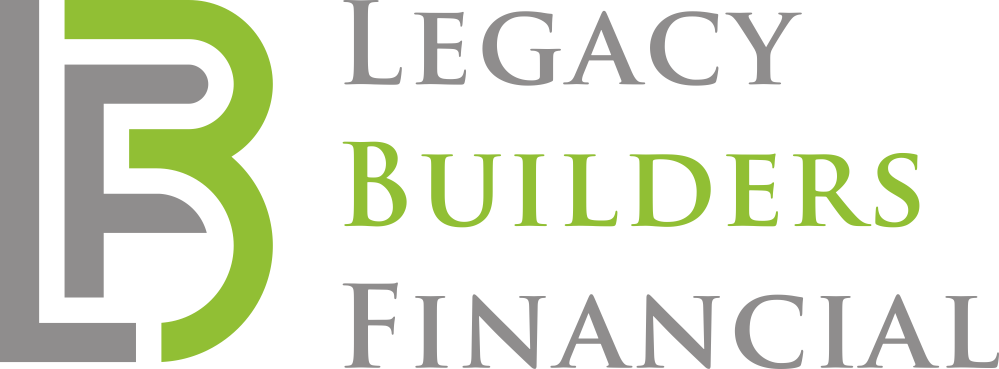As the year winds down, many of us look forward to the fresh start the New Year brings. We reflect on the previous year and think of our successes and failures. This often leads us to create a list of things we’d like to change, and we plan to implement those changes in the New Year with vigor!
Along with diet and exercise goals, many of us also have financial goals. This usually entails spending less and saving more, but like everything else in life, it’s difficult to be successful without a plan!
Here are FIVE attainable financial goals. And best of all, there’s no need to wait until the New Year to take action- you can start now! Each of these are ATTAINABLE and EASY, but we can always use some encouragement, right? Feel free to reach out to me HERE!
1. Budget
Many think “budget” is a dirty word. It’s one of those things you know you SHOULD do, but it just sounds so “blah.” Like eating salad or running (sorry if I offended any salad eaters or runners).
Did you know over 70% of Americans are living paycheck to paycheck? Is this any surprise when only one in three Americans prepare a detailed household budget?
Budgeting done correctly though, is incredibly empowering, rewarding, and even fun! I use and recommend tools like YNAB or EveryDollar, which can help you budget proactively instead of reactively. Instead of looking back at what you spent and trying to figure out how to slim, proactive budgeting means you assign every dollar you currently have a job. This way, when a bill comes due, you already have money set aside to pay it. Simple! I could dedicate a whole blog post (and then some) on this topic. Feel free to leave a message in the comments if this is something you’d like.
2. Contribute to Your Retirement Accounts (401(k), IRA, etc.)
This is much easier with a budget, but be sure to take advantage of retirement accounts! If your employer matches your 401(k) contributions, be sure to contribute at least enough to maximize what they match! Otherwise, you’re leaving free money on the table!
After that, you should contribute to an IRA. Both a 401(k) (or 403(b), 457, etc. if you’re a government employee) and an IRA allows you to save and invest while deferring taxes. What does this mean? Well, if you bought a stock for $100 and it doubled to $200 when you sold it, you would have to pay taxes on the $100 you made. In a retirement account, you wouldn’t! Depending on the type, you only have to start paying taxes when you start withdrawing the money, or (if it’s a Roth), you NEVER have to pay taxes on the growth! Obviously there are some caveats, so please speak to a financial professional to get a better understanding of how these work.
3. Make Sure Your Accounts Are Titled Correctly
When you’re a single college student, you probably don’t care much about how your free checking account is titled. Now that you’ve pulled up your big boy (or girl) pants though, you should! This is especially important if you’re married and/or have kids.
Working in the Financial Services industry for over 10 years, I’ve seen my fair share of clients who did NOT do this, and created a major headache when they became incapacitated or passed away. If you’re married, make sure you protect the accounts you have by adding your spouse onto your account, or at least as a beneficiary. If you have kids, be sure to protect your accounts so they can be seamlessly passed onto them without a fight to gain control of the assets or determine who gets what. If need be, talk to an Estate Attorney. Feel free to contact me if you need a recommendation.
4. Check to See If You Have Enough Insurance
I’m not one to peddle insurance, as the insurance world can be a hazardous jungle. However, insurance does serve a purpose, and that is to protect us should something drastic and unexpected happen.
Double check to ensure you have adequate insurance to cover you and your family. (Same goes for your spouse, if you are married.) It is tragic when someone passes away, but even more so when the surviving spouse is left with the same mortgage payment and bills, but without the income of the deceased spouse. Insurance can help cover these costs if someone were to pass away or become injured.
5. Get a Tune-Up
Much like you (should) visit the doctor at least once a year for a physical, you should have someone review your financial health regularly! Are you maximizing the opportunities you have? Are you invested properly for your age and risk tolerance? Have you taken advantage of tax savings? These are things everyone can benefit from by having a second set of (knowledgeable) eyes.
If you have your money invested with a brokerage firm, chances are you are entitled to a “free” consultation. They can do a rudimentary check to see if your investment portfolio is balanced for where you are in life.
If you need more comprehensive help, speak to a financial planner. Financial advisor is a loose term that, thanks to John Oliver, we learned anyone can apply to themselves. I’ll address this in a later post, but you want to find someone who isn’t paid to sell you products and who can help you plan and navigate your financial life.
Please reach out to ME if you’re in need of a financial tune-up! If you’re interested in setting up an appointment, you can do so HERE!
That’s it folks! Now, let’s see who can do all five of these BEFORE the New Year!
